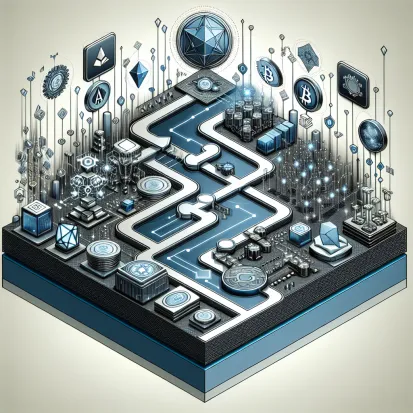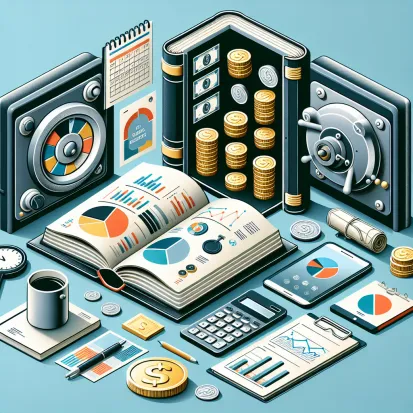Steve Hodgkiss - All About Blockchain
Discover the Power of Blockchain Technology: Blockchain is a revolutionary, decentralized technology that transforms how digital information is recorded and shared. By offering a secure, transparent, and tamper-resistant way to store data, blockchain is reshaping industries beyond finance—enhancing trust, efficiency, and collaboration across a diverse range of applications. From supply chain management to secure identity verification, blockchain's potential is vast and just beginning to unfold.
Latest Blog Posts

A Ugandan Woman in a Restaurant Paying With YEM
A Ugandan Woman in a Restaurant using a mobile phone to pay with YEM

Ethereum Price Dynamics: Current Trends and Future Projections Shine Amid Recent Volatility
Explore Ethereum's price dynamics, current trends, and future projections, essential for navigating this volatile cryptocurrency landscape.

YEMChain V2 Implementation Roadmap Overview and Future Prospects
Explore the YEMChain V2 Implementation Roadmap: Enhancing functionality, scalability, and community engagement for a brighter crypto future.

A Ugandan Woman in a Hotel Paying With YEM
A Ugandan Woman in a Hotel using a mobile phone to pay with YEM

Analyzing Bitcoin Price Movements: Recent Trends and Predictions for 2025
Discover Bitcoin's price movements and key influencers in 2025. Explore trends, predictions, and strategies for savvy investing!

Understanding YEM Your Everyday Money A Comprehensive Guide
Discover YEM, your everyday money—a stable digital currency transforming financial transactions and fostering community engagement.

An Australian Woman in a Bakery Shop Paying With YEM
An Australian Woman in a Bakery Shop using a mobile phone to pay with YEM

An Australian Man in a Hotel Paying With YEM
An Australian Man in a Hotel using a mobile phone to pay with YEM

A German Man in a Bakery Shop Paying With YEM
A German Man in a Bakery Shop using a mobile phone to pay with YEM

A Srilankan Woman in a Car Repair Shop Paying With YEM
A Srilankan Woman in a Car Repair Shop using a mobile phone to pay with YEM